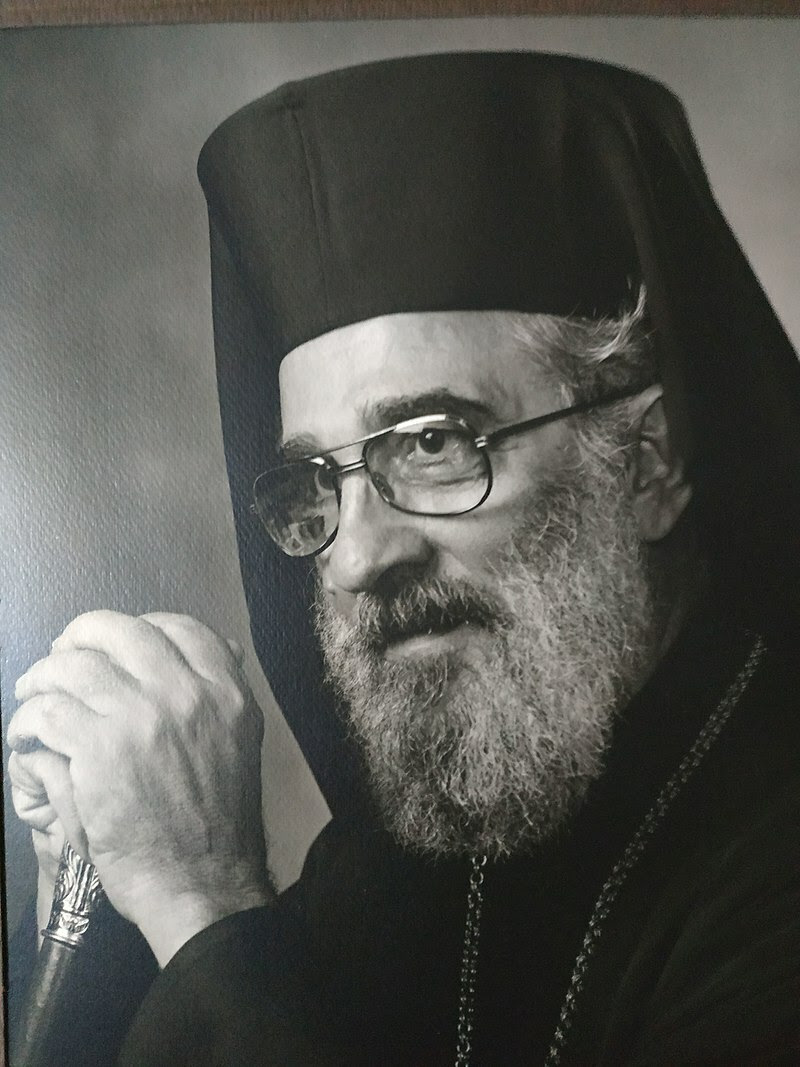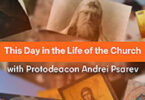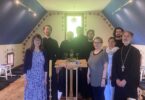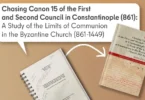Bishop Kyrill (Yonchev) of Toledo left the Russian Church Abroad on this day in 1976.
In 1960, the ROCOR was invited to participate in the Standing Conference of Orthodox Bishops of America (SCOBA), established in 1960 on the initiative of Archbishop Iakovos (Patriarchate of Constantinople). In his reply, however, Metropolitan Anastasii stated that the ROCOR would participate in the conference only if representatives of the Moscow Patriarchate were excluded, which was unacceptable to Archbishop Iakovos.
At times, an uncompromising stand with regard to the Soviet communist regime was, within the ROCOR, as significant an issue as protecting the true Orthodox faith; in other words, resistance to communism was perceived as an inseparable part of preserving the purity of the faith. As a result, the Russian Church Abroad fostered a commonwealth of churches whose hierarchy in the “old world” compromised with the communist rulers.
Based on his refusal to subordinate himself to the church authorities in communist Romania in 1958, Bishop Teofil Ionescu was temporarily received into ROCOR along with his parishes. In 1972, he was defrocked by the ROCOR Synod of Bishops after voluntarily returning to the Romanian Patriarchate.
For those Bulgarian parishes in America that did not desire to subordinate themselves to the patriarchate in communist Sofia, Archimandrite Kyrill (Yonchev) was consecrated Bishop of Toledo, Ohio, and Toronto in 1964. He was one of the participants in the consecration of Bishop Laurus of Manhattan in 1967. Because Bishop Kyrill did not switch the parishes under him to the Julian calendar, he was forced out of the ROCOR clergy by a decision of the Council of Bishops dated 27 October 1976. Some Bulgarian parishes did not follow Bishop Kyrill and remained in the ROCOR.
While Archbishop Averkii (Taushev) of Holy Trinity Monastery had “a soft spot” for Bulgarians, having studied at the theological department of Sofia University, some ROCOR bishops were sympathetic to Serbia, having spent their youth there. Nevertheless, a special set of considerations were used for the church there. The ROCOR Council of Bishops mandated “restraint from becoming involved in the internal affairs of the Serbian Orthodox Church,” thus declining to support Bishop Dionisii, who had disassociated himself from the patriarchate in Belgrade and founded the Free Serbian Church.
Sources:
Andrei Psarev, “The Development of Russian Orthodox Church Outside of Russia’s Attitude Toward Other Local Orthodox Churches and Non-Orthodox Christians,” Historical Studies of the Russian Church Abroad.
Monk Benjamin (Gomartely), “Letopis’ tserkovnykh sobytii nachinaia s 1917 goda,” Part VI: 1972-1982 [Timeline of the Church Events Beginning with 1917].











